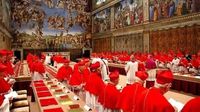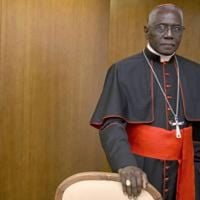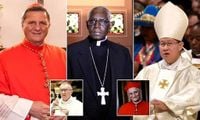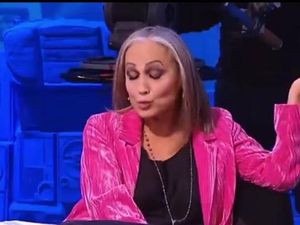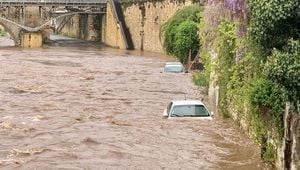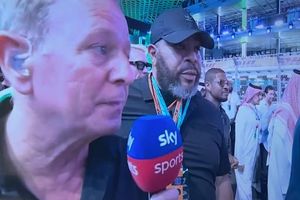The world is now waiting with bated breath to see who will succeed Pope Francis, the first Latin American Pope, after his passing at 88 years old. As Cardinals gather in Rome for the Papal Conclave, speculation is rife about potential candidates. Will we see the first black or Asian Pope?
Pope Francis, who died on Monday morning, April 21, 2025, was remembered fondly for his teachings on faithfulness, courage, and universal love, especially for the poorest and most marginalized. Cardinal Kevin Farrell announced his death at 7:35 AM (0535 GMT) after the Pope was seen at Saint Peter's Square on Easter Sunday.
Now, the selection process begins, with 138 of the 252 cardinals eligible to choose the next pope. According to conclave rules that will be applicable from January 22, 2025, voting is limited to cardinals under 80. The process is conducted in secrecy at the Sistine Chapel, where cardinals will vote in four rounds each day until a candidate wins a two-thirds majority. The voting process may take up to 20 days to ensure adequate discussion and consensus among the participating cardinals.
Among the potential candidates, Peter Turkson, 76, the former Bishop of the Cape Coast from Ghana, is a strong contender to be the first black Pope. He was sent by Pope Francis as a peace envoy to South Sudan and was the bookies’ favorite during the 2013 conclave when Francis was chosen. Turkson occupies a middle ground on the controversial subject of gay relationships, arguing that while laws in many African countries are too harsh, the views of Africans on the subject must be respected.
Another frontrunner is Luis Antonio Tagle, 67, the former Archbishop of Manila, who has emerged as the leading candidate in the betting markets. Tagle would be the first Asian Pope, appealing to the region with the fastest-growing Catholic population. He has previously opposed abortion rights in the Philippines but is considered more liberal than many of his counterparts. Tagle has voiced concerns that the Catholic Church has been too harsh towards gay and divorced couples, hampering its evangelical work. He is seen as a continuity candidate, having worked closely with Pope Francis as Cardinal Secretary of State.
Cardinal Pietro Parolin, the Vatican's Secretary of State, is also in contention. While he has been a prominent figure, his star has fallen slightly due to his role in the 2018 agreement between the Holy See and China, which some regard as a compromise with the Chinese Communist Party. Parolin has been vocal in his opposition to issues such as same-sex marriage, famously calling Ireland's 2015 vote to legalize it as ‘a defeat for humanity.’
Cardinal Peter Erdo, the Archbishop of Esztergom-Budapest, is another candidate. He has a history of serving in the former Soviet bloc, where church leaders faced persecution. Erdo has been a deep conservative, opposing divorced or remarried Catholics receiving holy communion.
Jose Tolentino, 59, who often uses the suffix ‘de Mendonca’ to distinguish himself from the American baseball player of the same name, is another potential candidate. Hailing from Madeira, Portugal, he has served as an Archbishop and held various Vatican roles. Known for his relatively youthful perspective, Tolentino advocates for biblical scholars to engage with modern culture through mediums like film and music.
Matteo Zuppi, the Archbishop of Bologna since 2015, was appointed a cardinal by Pope Francis in 2019. He was made the Vatican peace envoy for Ukraine in 2023, where he visited Moscow to ‘encourage gestures of humanity.’ Although he did not meet with President Putin, he engaged with Patriarch Kirill, the leader of the Russian Orthodox Church, though with little diplomatic progress to show for his efforts.
Cardinal Mario Grech, who previously served as the Bishop of Gozo, is now the Secretary General of the Synod of Bishops. He has called for the church to ‘learn a new language’ when dealing with gay couples and divorcees, although he is also viewed as somewhat traditionalist.
Robert Sarah, born in French Guinea, is another possibility as a candidate for the first black Pope, although his age may be a disadvantage. He has been involved in Vatican positions since the time of John Paul II and is known for his conservative stance, denouncing gender ideology as a societal threat and speaking out against Islamic fundamentalism.
As the world watches, the conclave will not only determine the next leader of the Catholic Church but also potentially reshape its future direction. With candidates representing diverse backgrounds and views, the decision made in the coming weeks will resonate across the globe, affecting millions of Catholics and their communities.
